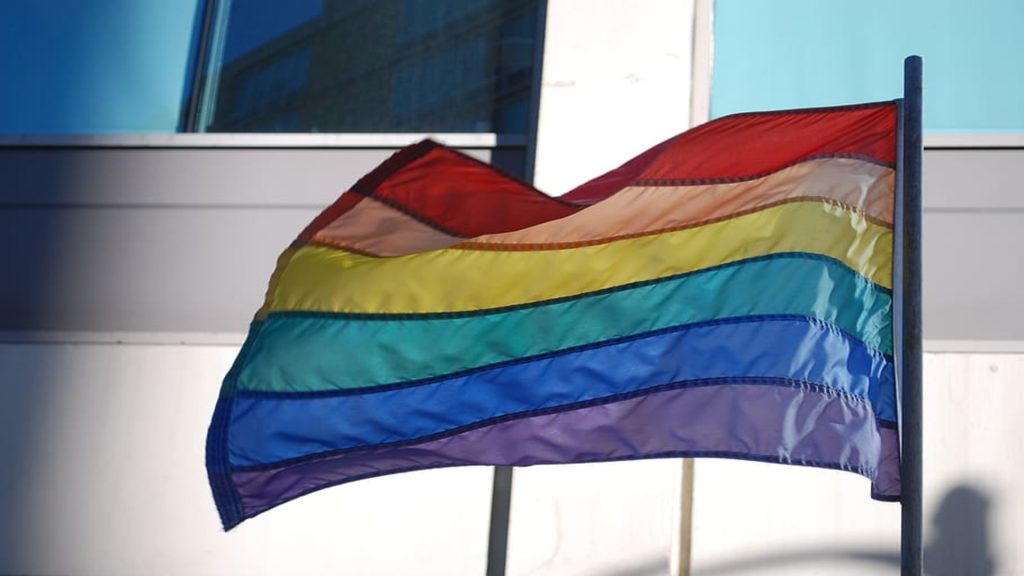The Social Justice and Empowerment Ministry, however, has decided to re-introduce the first version of the Bill, without the subsequent amendments.
Recently, we had reported on the progress made under the National Legal Services Authority or NALSA judgment and what effects it had on the transgender community. Although flawed, it did present a clear understanding of the limitations of looking at genders through a binary, and understood that transgender people existed in a wider spectrum. The new bill has come under fire for its dated definition of ‘transgender’. It reinforces common misinformation by equating transgender people as people who identify as part male and part female (thus reinforcing the binary as well). This proposed definition violates the dignity, equality, and autonomy of transgender persons guaranteed under Articles 14, 19 and 21 of the Constitution, a parliamentary committee report that challenges the Bill states.
While this Bill does want to protect transgender people, it fails to identify them correctly and wants to introduce a new ID for them. This ID would enable them to avail benefits, but as previous reports showed, the process of getting an ID was mired with discrimination at every step. Conversely, the Bill categorically prohibits discrimination against transgender people, but fails to account for a definition of ‘discrimination’, or any potential compensation to be offered to the survivor of harassment. The parliamentary committee had addressed this issue for revisions, and had wanted to include policies against workplace sexual harassment for transgender people as well, but this too has been ignored. Additionally, issuing reservations for transgender people that were promised under NALSA, was not re-introduced in the new Bill.
In failing to adhere to suggestions for improvements, the central government has missed a vital opportunity to create the space for transgender liberation and inclusion into mainstream society.
Devina Buckshee is the National Lead (Gender Justice) at One Future Collective.
Featured image: Human Rights Watch
